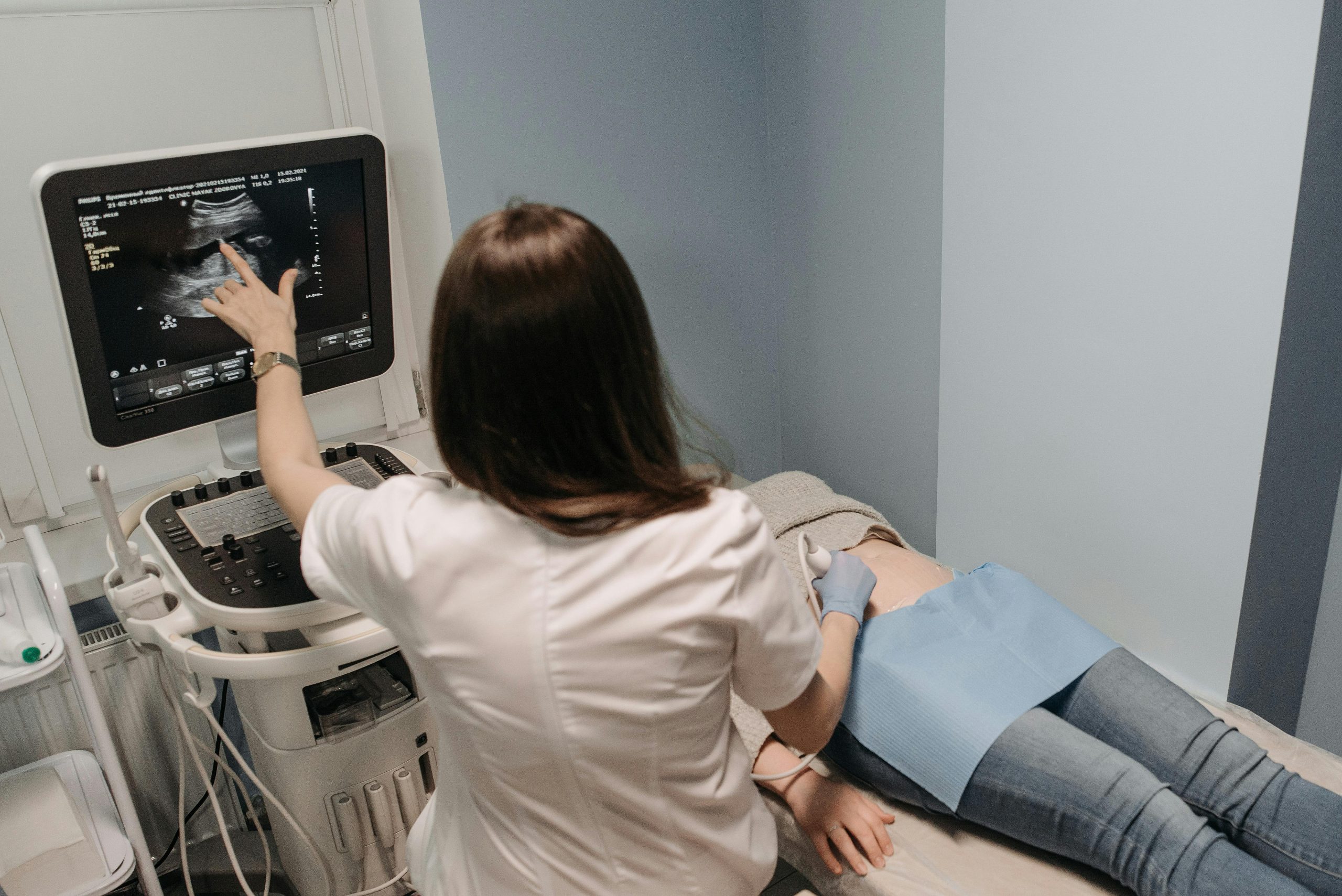Endometriosis Treatment Options: Find Relief & Manage Your Symptoms

Endometriosis Treatment Options: Find Relief & Manage Your Symptoms
Endometriosis is a condition in which a tissue similar to the uterus’ lining forms outside of the uterus. The World Health Organisation says it affects roughly 10% of women and girls worldwide.
Fortunately, early diagnosis and various endometriosis treatment plans already exist to manage its symptoms.
This article lists all the information about endometriosis, including its cause, symptoms, treatment, and some FAQs.
What is Endometriosis?
Endometriosis is a gynaecological condition where tissue similar to the uterus lining grows in parts of your body where it doesn’t belong. It commonly affects fallopian tubes, the tissue lining in the pelvis, and ovaries.
But why does it cause pain? Unlike the normal endometrial tissue that sheds during menstruation, the misplaced tissue growth cannot exit the body. This leads to inflammation, scarring, and painful symptoms that could affect your cycle, pregnancy, and daily life.
Key Symptoms of Endometriosis
Endometriosis symptoms may vary from person to person, but the most common are:
- Chronic pelvic pain
- Pain during period, sexual intercourse, or urination
- Heavy menstrual bleeding
- Bloating or digestive issues
- Infertility
- Anxiety
Why Treating Endometriosis is Important
Untreated endometriosis may lead to serious complications that will impact your overall well-being. The intense, persistent pain that comes with the condition will disrupt your routines or even affect your mental health. It can also increase the risk of ovarian cysts, infertility, or bowel or bladder problems.
Moreover, endometriosis prevention is still unknown, so when you have symptoms, it’s best to consult an endometriosis specialist and have yourself checked.
Medical Treatment Options for Endometriosis
The endometriosis treatment plan varies depending on the symptoms’ severity. Below are just some of the common medical treatment options.
Pain Management Medications
- Over-the-counter (OTC) medications: These are pain relievers you can buy without a prescription and include nonsteroidal anti-inflammatory drugs like ibuprofen to help manage pain.
- Hormonal therapies: There are hormonal medicines that can regulate hormonal fluctuations and ease endometriosis pain and flare-ups, like birth control pills, progestin therapy, and gonadotropin-releasing hormone (GnRH) agonists.
Surgical Interventions
Surgery may be necessary if you have a severe endometriosis case.
- Laparoscopy: A minimally invasive procedure using small incisions and laparoscopic equipment to remove endometrial growths.
- Hysterectomy: In extreme cases, uterus removal may be considered. However, this is often viewed as the “last resort.”
One thing to note, though, about surgeries is there’s a chance of recurrence, hence the need for better hormonal management post-ops.
Natural Remedies and Lifestyle Changes
Diet and Nutrition
Consider these anti-inflammatory food advice in your diet:
- Omega-3 fatty acids like salmon and flaxseed.
- Curcumin helps with inflammation.
- Avoid processed foods, caffeine, and excessive sweets.
Exercise and Physical Therapy
Try low-impact exercises like yoga, stretching, or physiotherapy. These can help improve circulation and reduce muscle tightness and pain.
Alternative Therapies
Some women with endometriosis also find relief in the following therapies:
- Acupuncture: To help with pain.
- Herbal supplements: To treat uterine-related issues.
- Chiropractic care: For pelvic alignment and reduction of pressure on affected areas.
Mental Health Support for Endometriosis
It was previously mentioned that endometriosis symptoms may include anxiety or depression, as this condition doesn’t only affect your body; it can also take a toll on one’s mental health.
This is why seeking support from a therapist or joining a support group is essential. Allotting time for meditation in your daily routine could also be helpful.
Fertility Treatment Options for Endometriosis
Endometriosis is known as one of the leading causes of infertility. Fortunately, there are advanced reproductive technologies that can improve one’s chances of conception despite endometriosis.
- In Vitro Fertilisation (IVF): A common option for women struggling with infertility.
- Egg freezing: Helps preserve fertility for women who may wish to conceive later.
Moreover, you can also consider intrauterine insemination (IUI) and fertility medications.

How to Choose the Right Treatment Plan
The best endometriosis treatment depends on your symptoms, lifestyle, and plans. So, it’s best to consult and discuss your symptoms with a gynaecologist or an endometriosis specialist to develop a personalised approach to treating them.
FAQs About Endometriosis Treatments
Can endometriosis go away with treatment?
There’s no permanent cure for endometriosis. However, having an endometriosis treatment plan can help you manage symptoms and slow the condition’s progression.
Is surgery the only option for severe cases?
Not really. In some cases, endometriosis symptoms improved with hormonal therapy and lifestyle changes. But it’s always best to discuss this with your physician to avoid further complications.
How can I manage flare-ups naturally?
As previously mentioned, naturally managing your endometriosis flare-ups involves a combination of diet, exercise, stress management, and alternative therapies.
Take Control of Your Endometriosis Treatment
Having a condition like endometriosis can indeed be challenging, so it’s a must to reach out to professionals and plan an effective treatment.
If you’re struggling with symptoms, Eden Women’s Health is here to help. We are a women’s health clinic led by Dr Sheri Lim, an obstetrician and trusted female gynaecologist in Singapore. We help women manage their reproductive health, offering personalised care and various gynaecology services.
Some of our services include endometriosis treatment plans and if you’re planning pregnancy, we also offer advice on proper pre-natal care and post-natal care.
Book an appointment to discuss how we can help you manage your endometriosis symptoms.
